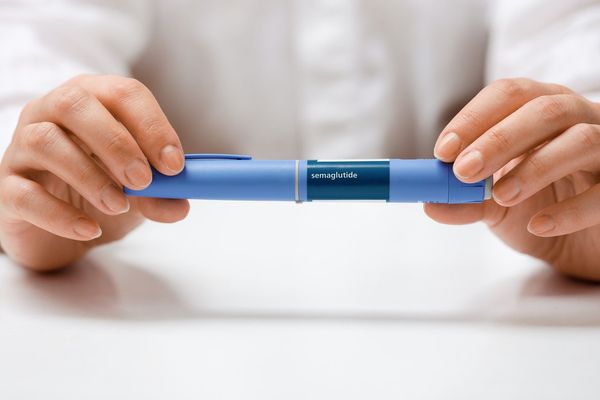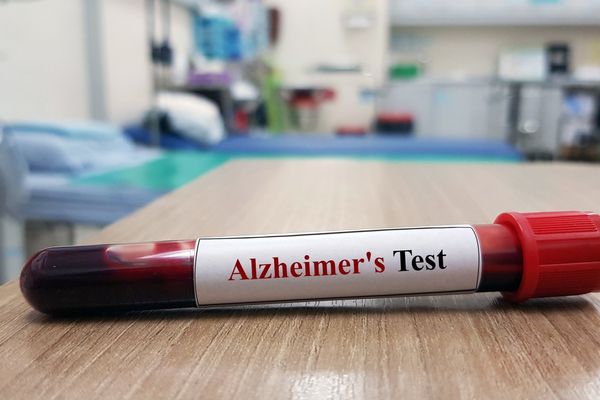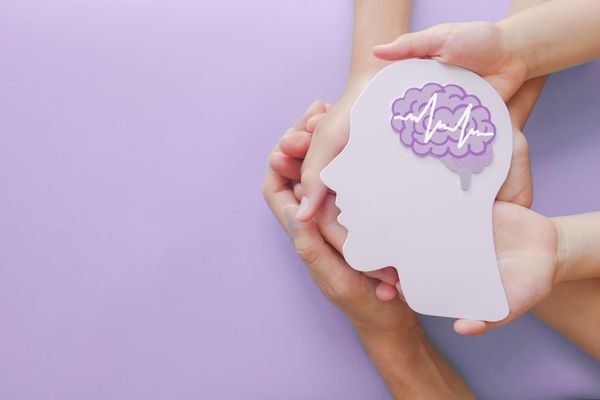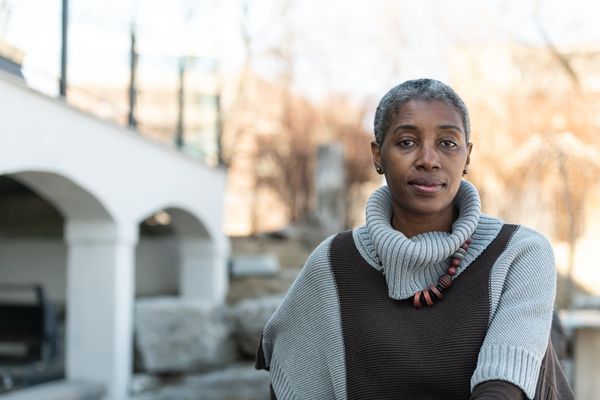All in the name of progress, headlines yesterday appeared in major news outlets. "Guidelines Seek Early Detection of Alzheimer's."
Nice to read about medical progress, I thought excitedly. I'm one of the 75 million baby boomers heading toward the age where we start to head down a road to face a lot of things we fear. (Come to think of it, we're all heading down that road, but some of us are arriving earlier than others. I'd rather be fashionably late, myself. Or blame my lousy sense of direction for going in a completely different direction, altogether.)
New diagnostic guidelines could use technology (like brain scans, MRI scans and spinal taps) to detect Alzheimer's years before there are any evident symptoms.
Technology is truly amazing, is it not? You could go for a test and in no time at all, be told that you have either preclinical disease, mild cognitive impairment due to Alzheimer's, or full-blown dementia. You could know ahead of time - as far as 10 years before it might even happen - if you were destined to join the other 5.3 million Americans who are now suffering from Alzheimer's. You could make "arrangements" for your future. And, even better, you wouldn't have to wait until you die and your body is autopsied to know definitively whether or not it was Alzheimer's that made you do the things you do; er, I mean…did.
And then what?
With no treatment for Alzheimer's, what good are these sophisticated new tests? Medical costs will skyrocket (oh, right, they're already in the outer stratosphere). Insurance companies would be privy to the results: would they deny coverage to those who have tested positive? Let's not even mention all the false positives that come with testing.
And given the unpredictable and fluctuating nature of the disease, how can you really, truly, make a "plan," anyway? Not to mention the fact that preclinical symptoms may not necessarily mean you are going to go on to develop the disease. So you sit, and wait, and worry, and wait some more?
Some might say that in order to develop drugs that will treat Alzheimer's, tests are necessary so that the drug companies can find those drugs that will be able to treat the disease in its earlier stages. I'm all for technology and ways to combat disease. But this seems like an awfully unfair, unsafe and maybe a bit unsavory way to do it.
This Matters> Let's focus, for now, on things we can do to prevent disease. New research shows that moderate to heavy exercise may cut the risk of developing Alzheimer's in half. And there's more about Vitamin D: low blood levels may increase the risk for cognitive decline. Other studies show that consuming a diet rich in Vitamin E (sunflower seeds, fortified cereals, almonds, wheat germ, avocado) may help reduce the risk for dementia, too.
You might also want to read: Brain-Healthy Spices You Should Be Using
The Important Vitamin You're Probably Lacking
Eating to Give Your Brain a Boost







